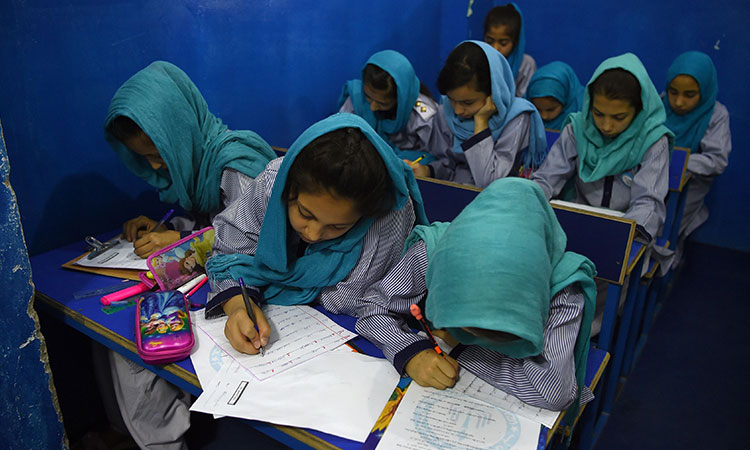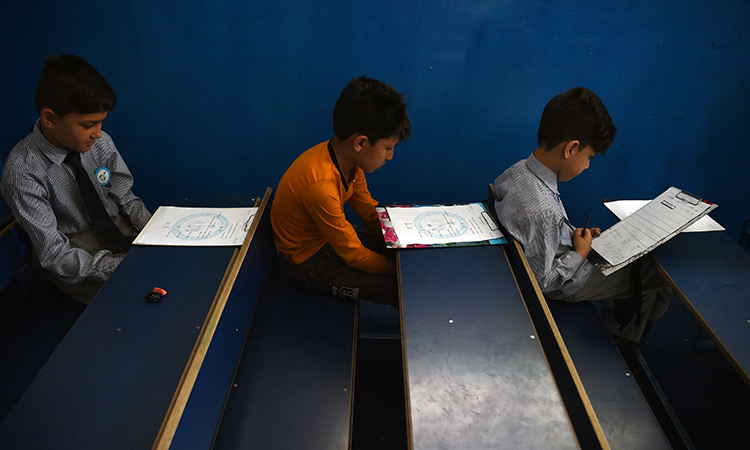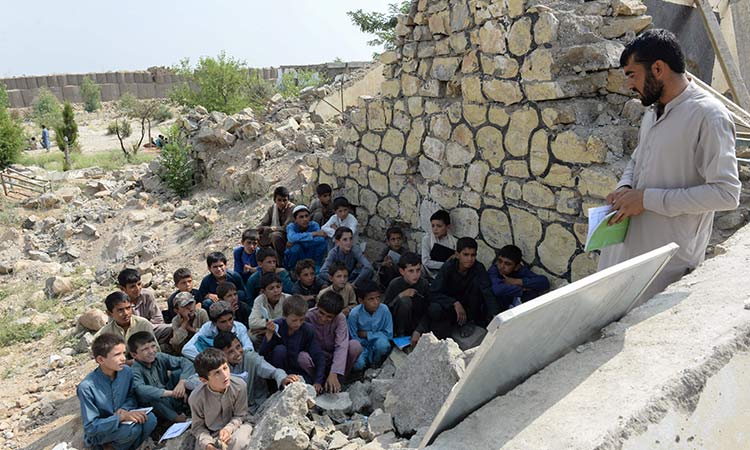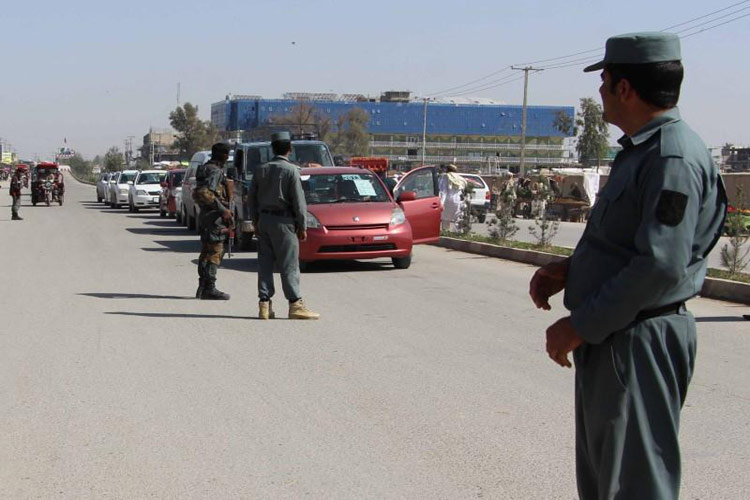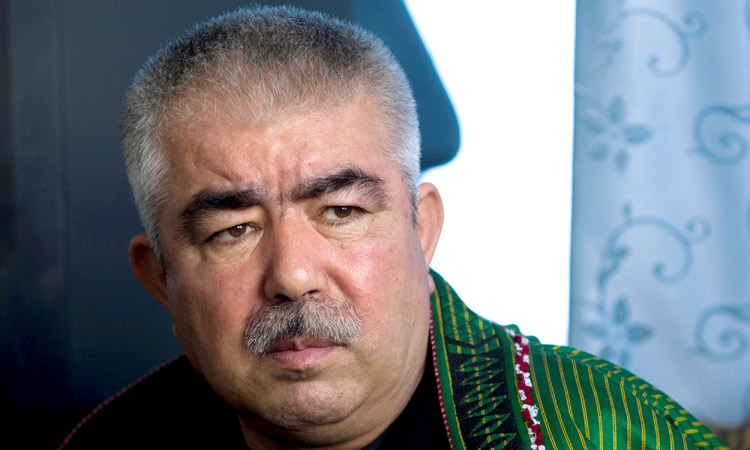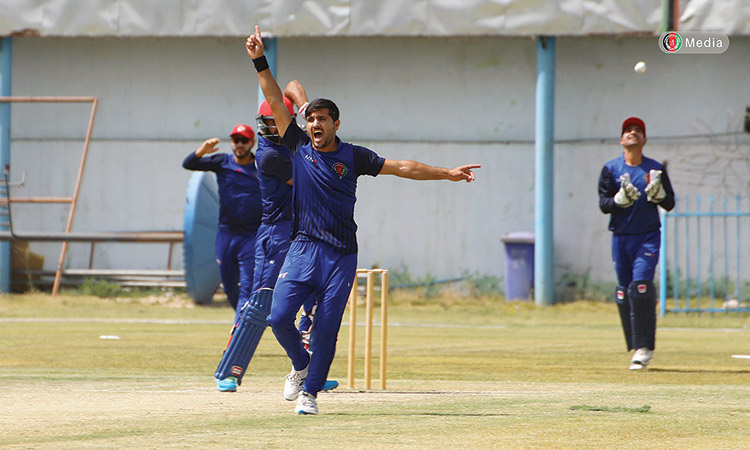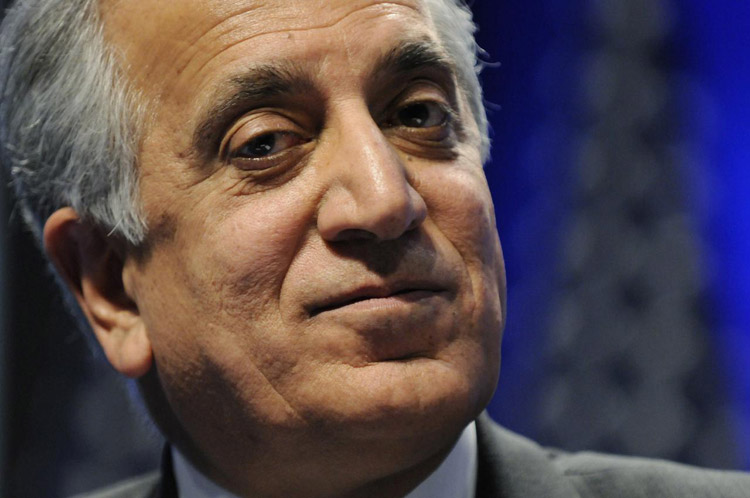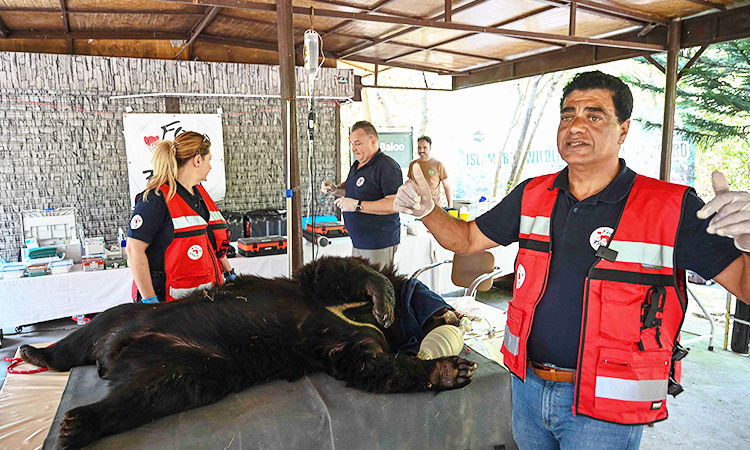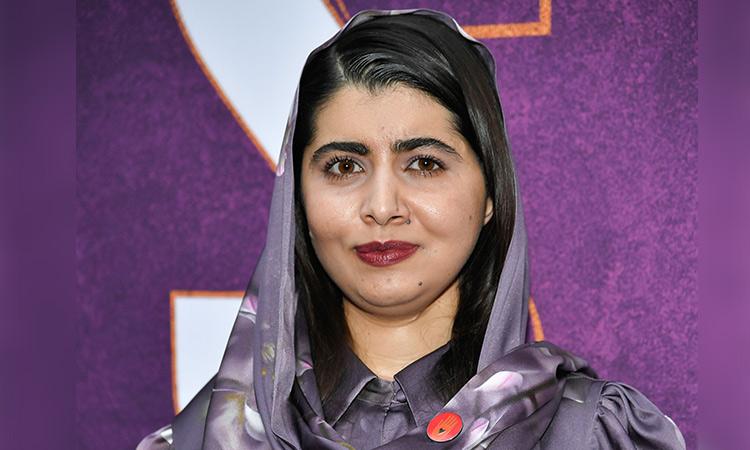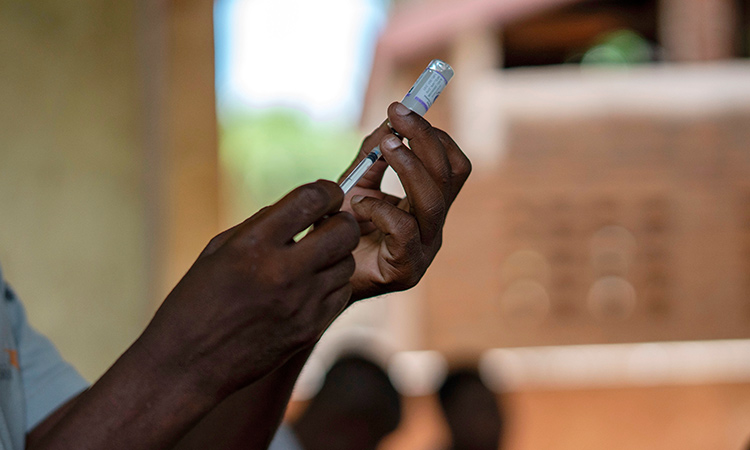Afghan war takes toll on kids health
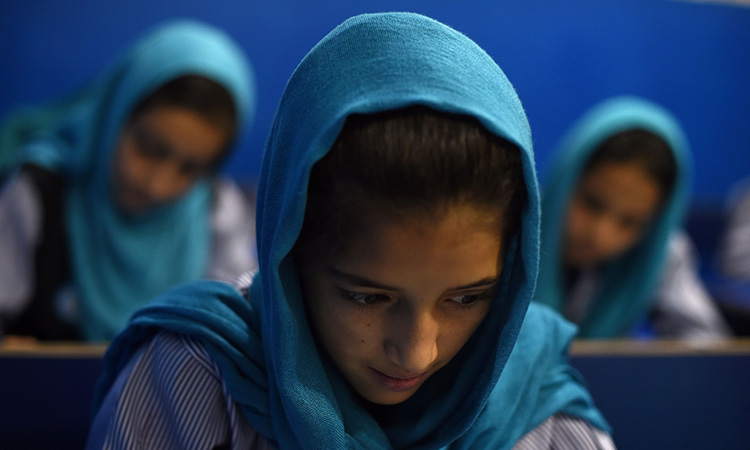
Afghan schoolgirls take mid-term exams at a school in Kabul. Wakil Kohsar/AFP
Sixteen-year-old Madina still has nightmares about the day two huge blasts tore through her school in Kabul, showering shards of broken window glass on her and other students.
She survived, with lacerations to her arms and legs. The physical wounds are slowly healing, but she remains haunted by the stress of the attack.
Madina, like many of her generation in Afghanistan, has never known peace and experts warn the psychological impact of living in a country where schools are often on the front line, and counselling is in short supply, can be overwhelming.
"In the first few days after the attack, you could see the trauma on students' faces, they would cry every minute," Madina's school director Niamatullah Hamdard said.
Afghan schoolgirls take mid-term exams. AFP
Stressed out
According to the United Nations Children's Fund (UNICEF), the number of attacks against Afghan schools tripled last year compared to 2017. By the end of 2018, more than 1,000 Afghan schools had been shut due to conflict, denying about 500,000 Afghan kids access to education.
"They scream in their sleep, and when they come here they are so stressed out."
Students take mid-term exams at a school in Kabul. AFP
Psychotherapist Bethan McEvoy, who works as an education advisor for the Norwegian Refugee Council in Kabul, said it can be tough to assess the prevalence of mental illness and emotional trauma resulting from school attacks.
Counselling needed
At the Kabul school, much of the debris had been cleared, but twisted metal poked through a collapsed roof and the crunch of broken glass could still be felt underfoot in areas away from where the kids play.
A recent Pentagon report found US forces in Afghanistan caused 134 civilian casualties in 2018. Of the 76 among them who died, 31 were children.
Children study at the destroyed Papen High School in Deh Bala district of Nangarhar province. AFP
"Physical injuries can pale in comparison to the emotional scars many children may carry with them for years," Save the Children's Afghanistan director Onno van Manen said after the Ghazni attack.
Wali, the school director in Nangarghar, said security risks made it hard for aid groups to offer counselling for his students.
But after the attack in Kabul, the ministry of health stepped in for a few days.
Madina said the therapy has helped.
She added: "It was useful, but it was too short."
Agence France-Presse
